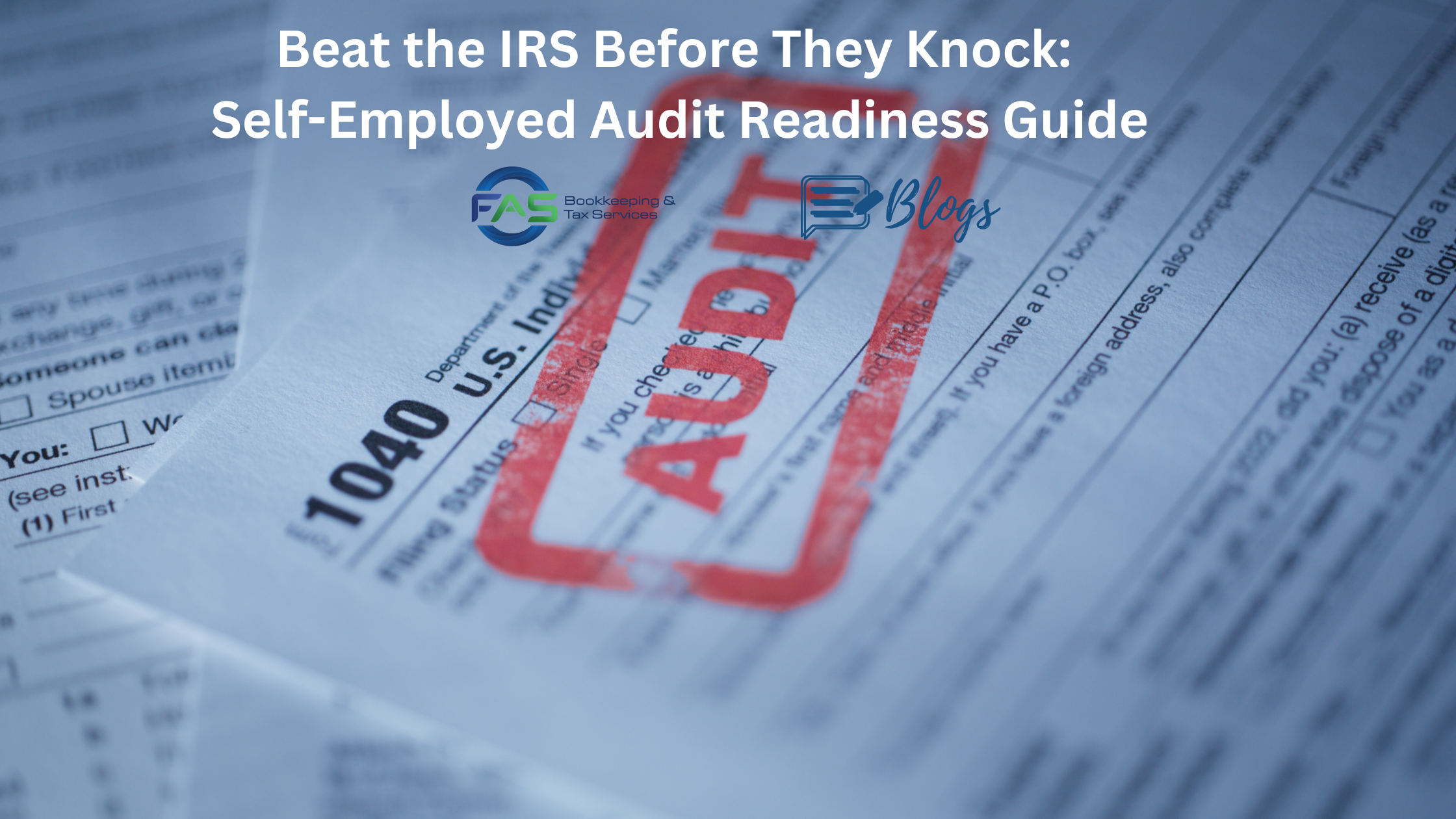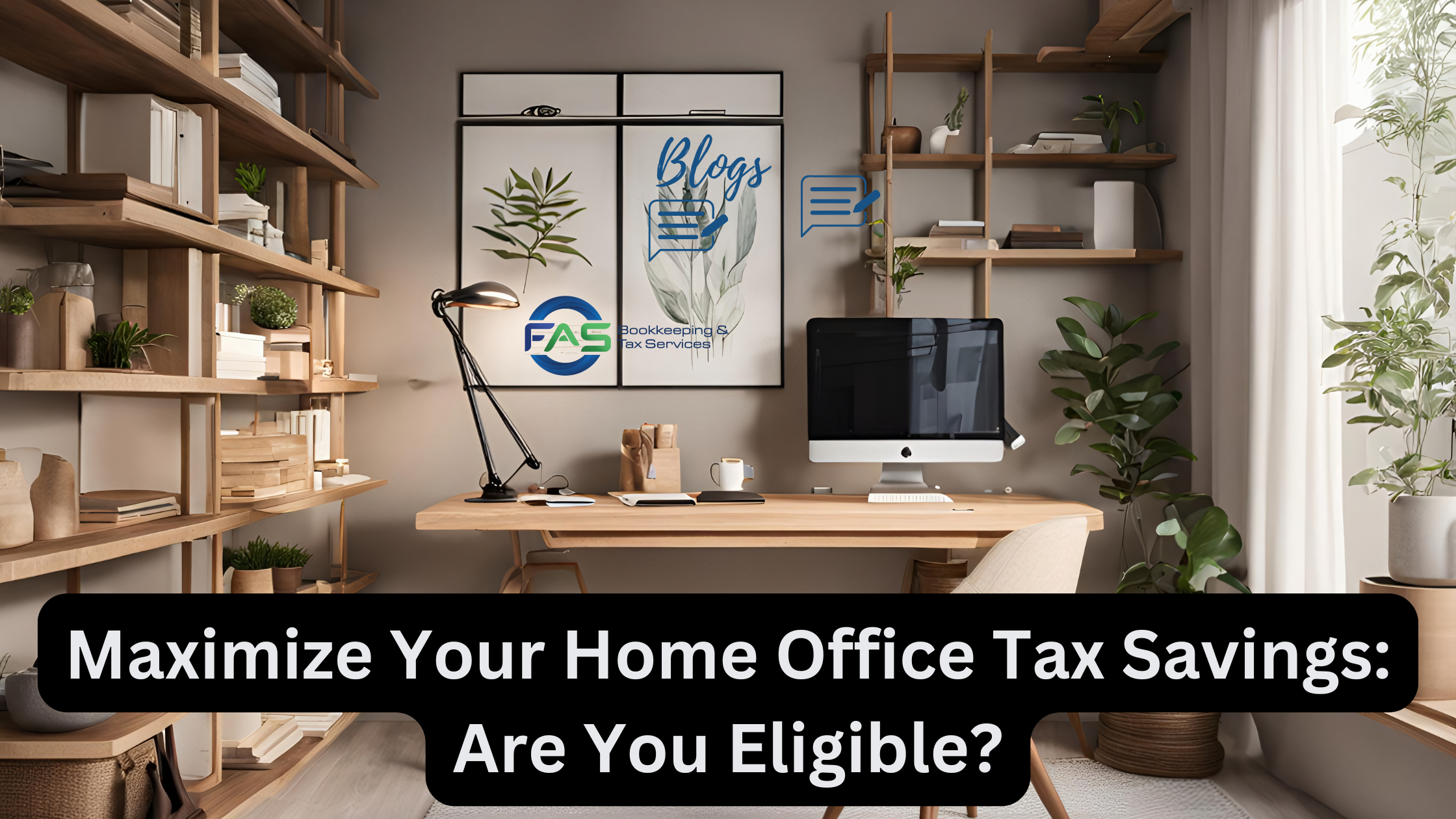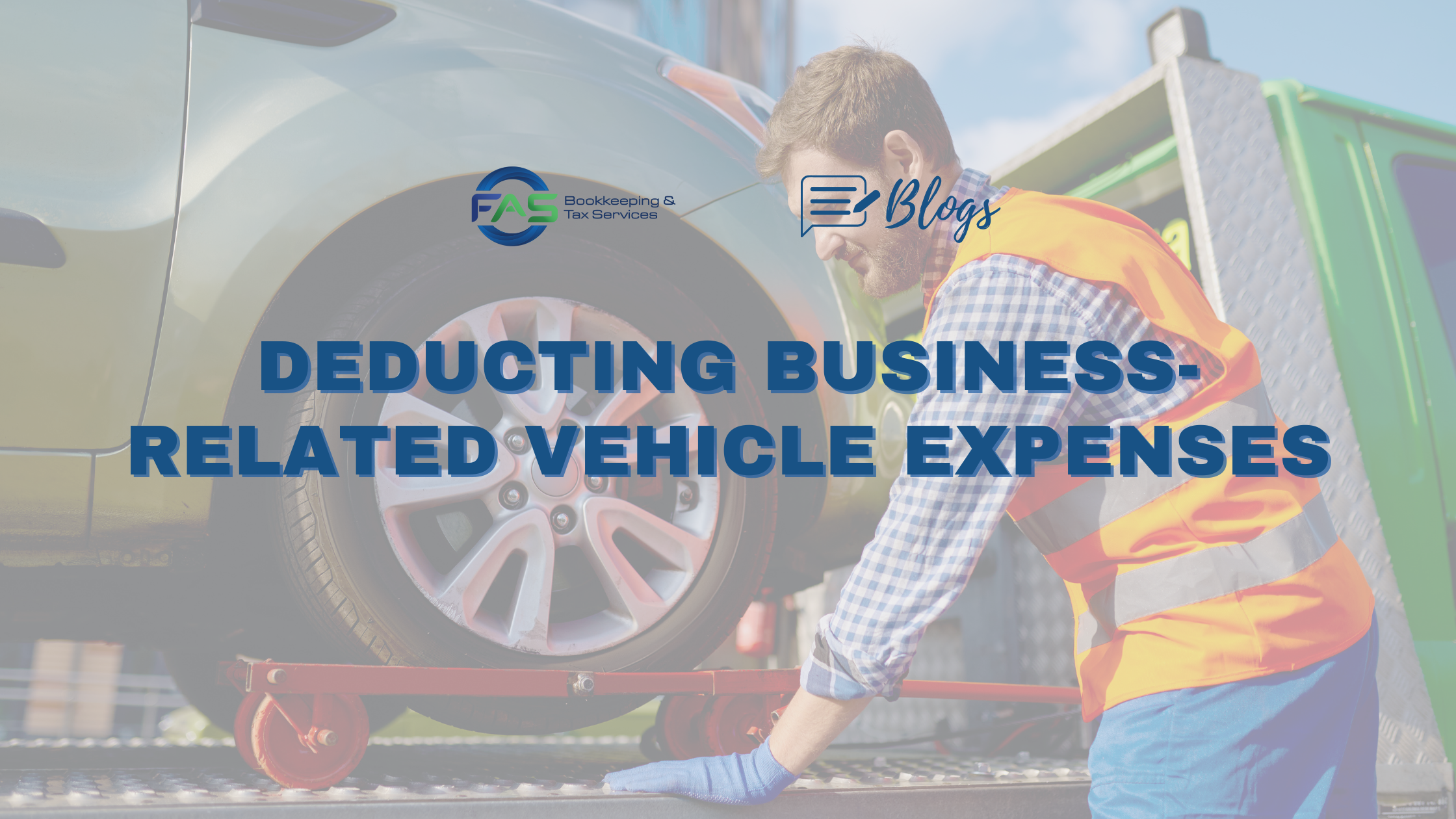Deducting Business-Related Vehicle Expenses
If you’re self-employed and use your car, SUV or other vehicle for business, you can deduct certain business-related vehicle expenses. Depending on the cost of operating the vehicle or how much you drive it, as well as how much of your use of the vehicle is for business purposes, this can add up to a significant tax deduction
Deduction methods
There are two options for claiming deductions:
Actual Expenses. To use the actual expense method, you must figure out the actual costs of operating the vehicle for business use. You are allowed to deduct the business-related portion of costs related to gas, oil, repairs, tires, insurance, registration fees, licenses, and depreciation (or lease payments).
Standard Mileage Rate for 2023. To use the standard mileage deduction, multiply 65.5 cents by the number of business miles driven during the year.
Vehicle expenses such as parking fees and tolls attributable to business use are deducted separately, no matter which method you choose.
Which Method Is Better?
Using the standard mileage rate produces a larger deduction for some taxpayers. Others fare better tax-wise by deducting actual expenses. You may use either of these methods whether you own or lease your car.
To use the standard mileage rate for a vehicle you own, you must choose to use it in the first year the vehicle is available for use in your business. You can use the standard mileage rate or actual expenses in subsequent years. If you choose the standard mileage rate and lease a car for business use, you must use the standard mileage rate method for the entire lease period, including renewals.
Opting for the standard mileage rate method allows you to bypass certain limits and restrictions and is simpler. From a tax-saving perspective, generally the standard mileage method benefits taxpayers who have less expensive vehicles or drive many business miles.
The standard mileage rate may understate your costs, especially if you use the car 100 percent (or close to it) for business.
Documentation
Tax law requires that you keep travel expense records and show business versus personal use on your tax return. Furthermore, if you don’t keep track of the number of miles driven and the total amount you spend on the vehicle, your tax advisor won’t be able to determine which of the two options is more advantageous for you at tax time. It is essential to keep careful records of your travel expenses (if you use the actual expenses method, you must keep receipts) and record your mileage.
You can use a mileage logbook or, if you’re tech-savvy, an application on your phone or tablet. Several phone apps are available to help you track your business expenses, including mileage and billable time. These apps also allow you to create formatted reports that are easy to share with your CPA, EA, or tax preparer.
To simplify your recordkeeping, consider using a separate credit card for business.
If you have any questions about the business use of a car, don’t hesitate to call.





